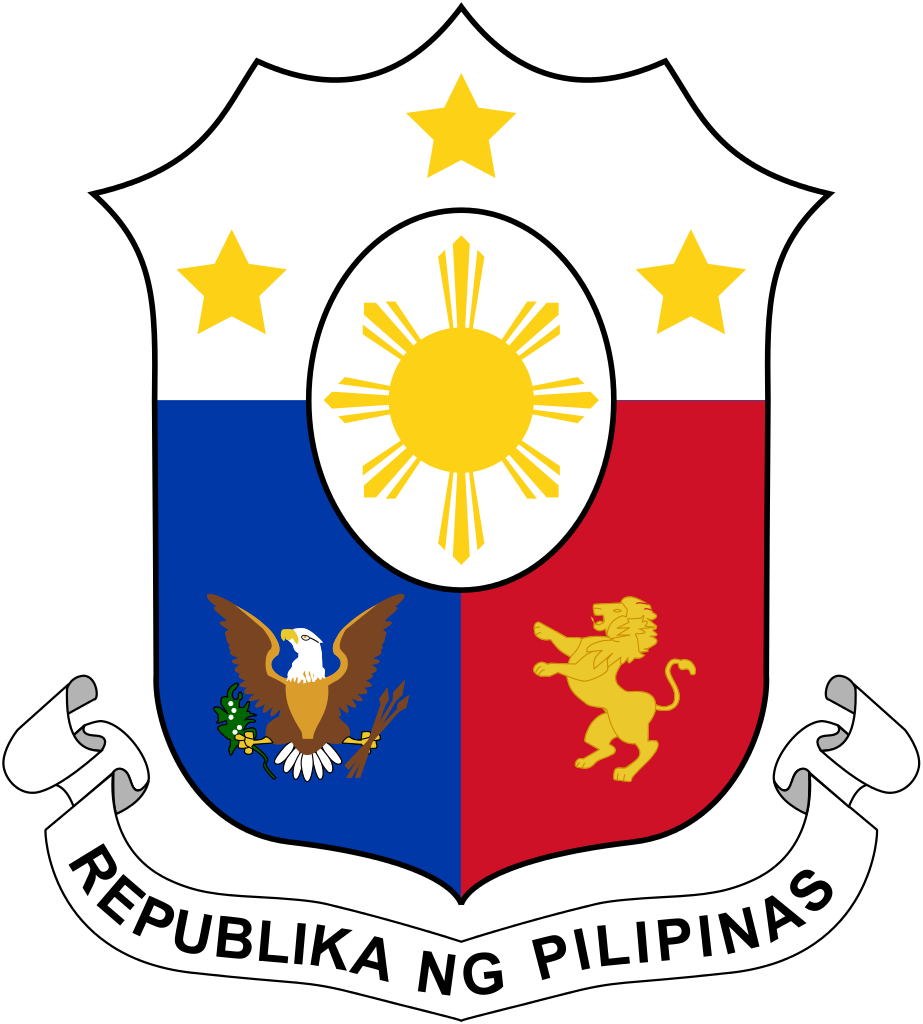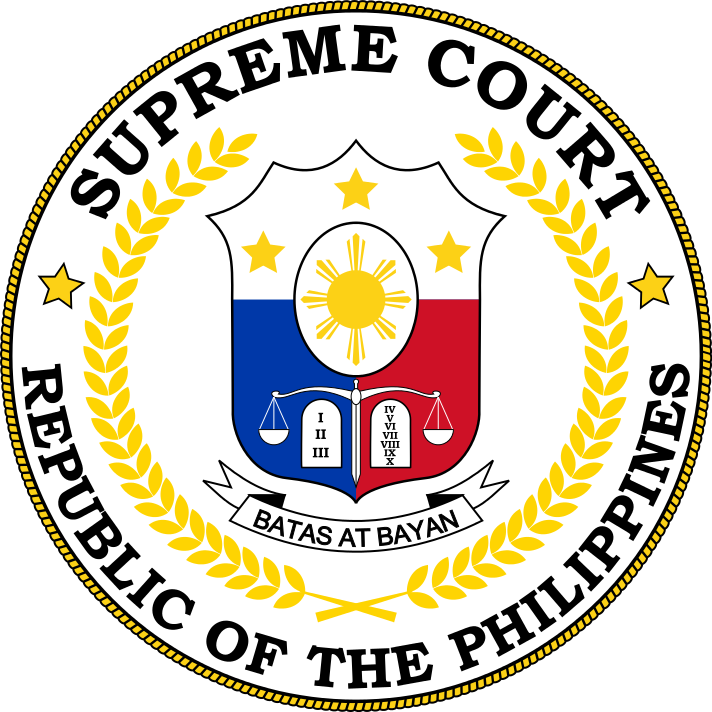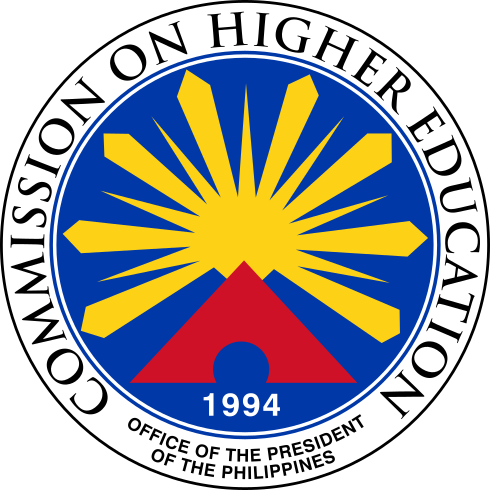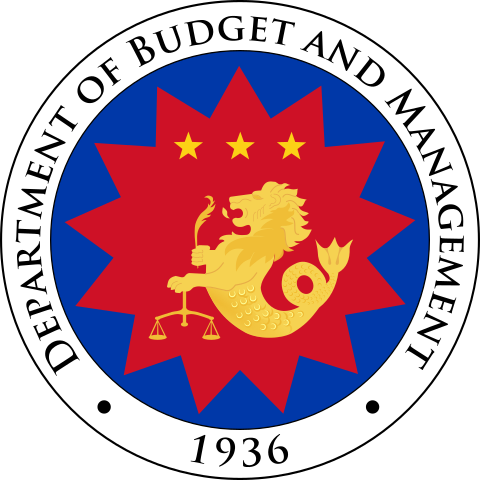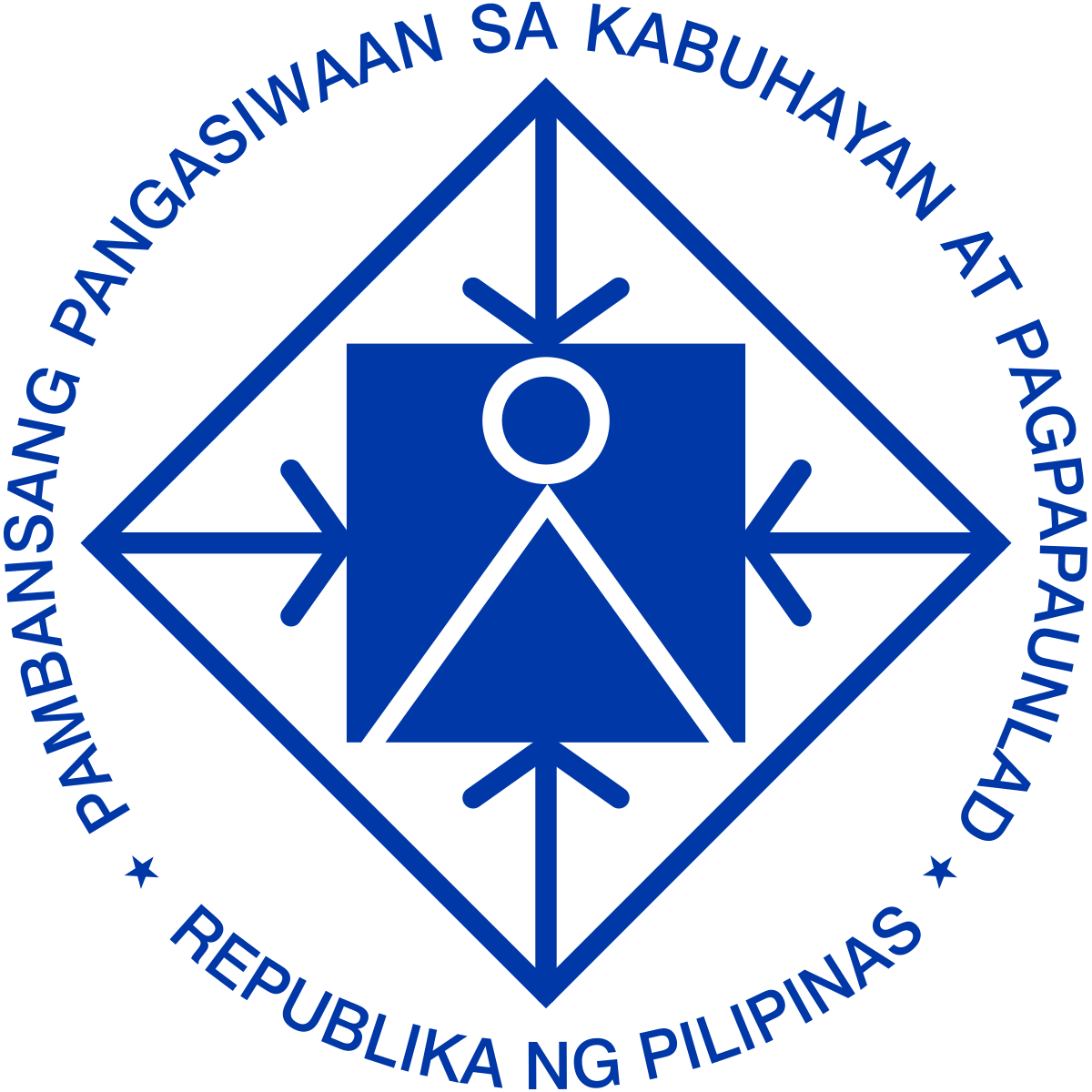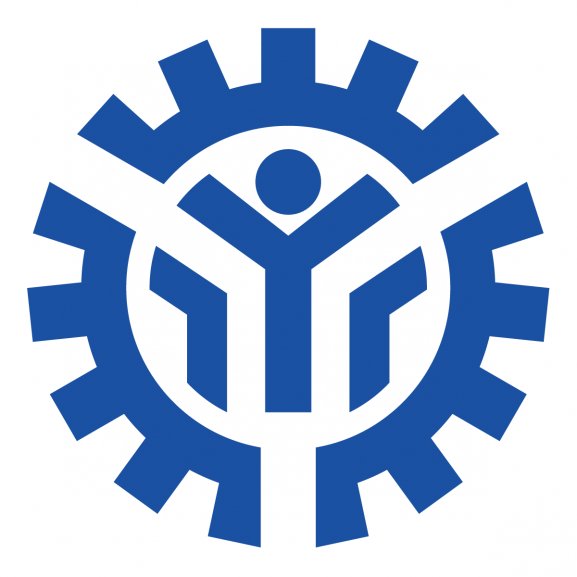
As a truly urgent measure to meet the Pandemic national health emergency and preventive measures, the Commission on Higher Education (CHED) in support to the national government’s call for support issued the guidelines for the Grant of Assistance to State Universities and Colleges to Combat Covid-19 through CHED Memo 1, series of 2020. URS has been fortunate to serve its part for the production of facemasks and anti-bacterial soaps which will be for distribution to health, medical and other frontline service providers in the different municipalities and barangays in the whole province of Rizal.
After having submitted the project proposals and satisfied the eligibility requirements for funding support, the University of Rizal System through the lead proponents of URSafe Face Mask and Soap Production, spearheaded the essential preparatory activities toward the production of the target 10,000 pieces of facemasks and 40,000 pieces of anti-bacterial soap. Soon as the CHED funding in the amount of P262, 605.00 for the facemask production and P 777,458.15 for the anti-bacterial soap production was downloaded to URS, Dr. Reneecilia B. Paz De Leon, project leader and proponent of the URSafe Facemask Production together with Prof. Jameson Martinez and Prof. Bernadette Castalone as well as Prof. Eugene SF Tia, project leader and proponent of URSafe Anti-bacterial Soap Production together with his co-proponent, Ms. Kristina Payofelin, coordinated to the rest of the special project support staff the schedule of activities to meet the deadline as stated in the Memorandum of Agreement signed between CHED and URS.
Though the plan was earlier settled by the project proponents, the delay on the purchase of materials due to the limited availability of suppliers for all the needed materials plus the obligatory observance of protocols as per IATF, there also has been a delay in the target production dates for both the facemasks and anti-bacterial soaps.
Considering some mechanisms to address the challenge of the insufficiency of materials, the project proponents eventually succeeded in producing a good percentage of the target produced by the early weeks of November 2020.
The hurdle was quite jumpy yet with determined spirit, the project proponents of the URSafe facemasks Production braved the completion of the project in December 2020 with a total of 10,375 pieces of facemasks while the project proponents of the URS Anti– Bacterial soaps endured the production of the first 50% (20,000pieces) of the expected outputs early before Christmas time. Since the project has been given approval by CHED for an extension up to February 2021, the team had enough time to complete the remaining 50 percent (another 20,000 pieces) which according to Mr. Ricky Ulep, production lead staff, is achievable as per his given commitment to Prof. Tia when he was consulted by the latter.
Dr. Reneecilia B. Paz De Leon shared how thankful is her team for the rewarding experiences they had towards the completion of the 10, 375 pieces of URSsafe Facemasks which were distributed early December of 2020 to Local Government Units, frontline service providers and educational institutions all over the Province of Rizal. More than the material outputs, their hearts have been filled with joy that they were able to bridge opportunity for some community folk sewers who really needed to earn for their families who apparently have been distressed due to the impact of the Pandemic for almost ten months on a lockdown mode.
President Nancy T. Pascual with Vice-President Marites M. Rio of the Research and Development, Extension and Production Division, Vice-President Allan E. Conde of the Academic Affairs Division and Vice-President Renato F. De Lemon of the Administration and Finance Division strongly commended the efforts of the proponents of the special projects.
The administration also thank the Commission on Higher Education for the partnership and for the trust it has given to the University for carrying out the two (2) special projects which are meant to bridge support and care to the specified project beneficiaries– medical and other frontline service providers.
Indeed, CHED and URS exist more than being partners in the promotion of quality life through quality education but also in being cohorts for life stewardship among the lowly and helpless.
It then reminds everyone that without a sense of caring, there can be no sense of community.
 As a truly urgent measure to meet the Pandemic national health emergency and preventive measures, the Commission on Higher Education (CHED) in support to the national government’s call for support issued the guidelines for the Grant of Assistance to State Universities and Colleges to Combat Covid-19 through CHED Memo 1, series of 2020. URS has been fortunate to serve its part for the production of facemasks and anti-bacterial soaps which will be for distribution to health, medical and other frontline service providers in the different municipalities and barangays in the whole province of Rizal.
After having submitted the project proposals and satisfied the eligibility requirements for funding support, the University of Rizal System through the lead proponents of URSafe Face Mask and Soap Production, spearheaded the essential preparatory activities toward the production of the target 10,000 pieces of facemasks and 40,000 pieces of anti-bacterial soap. Soon as the CHED funding in the amount of P262, 605.00 for the facemask production and P 777,458.15 for the anti-bacterial soap production was downloaded to URS, Dr. Reneecilia B. Paz De Leon, project leader and proponent of the URSafe Facemask Production together with Prof. Jameson Martinez and Prof. Bernadette Castalone as well as Prof. Eugene SF Tia, project leader and proponent of URSafe Anti-bacterial Soap Production together with his co-proponent, Ms. Kristina Payofelin, coordinated to the rest of the special project support staff the schedule of activities to meet the deadline as stated in the Memorandum of Agreement signed between CHED and URS.
Though the plan was earlier settled by the project proponents, the delay on the purchase of materials due to the limited availability of suppliers for all the needed materials plus the obligatory observance of protocols as per IATF, there also has been a delay in the target production dates for both the facemasks and anti-bacterial soaps.
Considering some mechanisms to address the challenge of the insufficiency of materials, the project proponents eventually succeeded in producing a good percentage of the target produced by the early weeks of November 2020.
The hurdle was quite jumpy yet with determined spirit, the project proponents of the URSafe facemasks Production braved the completion of the project in December 2020 with a total of 10,375 pieces of facemasks while the project proponents of the URS Anti– Bacterial soaps endured the production of the first 50% (20,000pieces) of the expected outputs early before Christmas time. Since the project has been given approval by CHED for an extension up to February 2021, the team had enough time to complete the remaining 50 percent (another 20,000 pieces) which according to Mr. Ricky Ulep, production lead staff, is achievable as per his given commitment to Prof. Tia when he was consulted by the latter.
Dr. Reneecilia B. Paz De Leon shared how thankful is her team for the rewarding experiences they had towards the completion of the 10, 375 pieces of URSsafe Facemasks which were distributed early December of 2020 to Local Government Units, frontline service providers and educational institutions all over the Province of Rizal. More than the material outputs, their hearts have been filled with joy that they were able to bridge opportunity for some community folk sewers who really needed to earn for their families who apparently have been distressed due to the impact of the Pandemic for almost ten months on a lockdown mode.
President Nancy T. Pascual with Vice-President Marites M. Rio of the Research and Development, Extension and Production Division, Vice-President Allan E. Conde of the Academic Affairs Division and Vice-President Renato F. De Lemon of the Administration and Finance Division strongly commended the efforts of the proponents of the special projects.
The administration also thank the Commission on Higher Education for the partnership and for the trust it has given to the University for carrying out the two (2) special projects which are meant to bridge support and care to the specified project beneficiaries– medical and other frontline service providers.
Indeed, CHED and URS exist more than being partners in the promotion of quality life through quality education but also in being cohorts for life stewardship among the lowly and helpless.
It then reminds everyone that without a sense of caring, there can be no sense of community.
As a truly urgent measure to meet the Pandemic national health emergency and preventive measures, the Commission on Higher Education (CHED) in support to the national government’s call for support issued the guidelines for the Grant of Assistance to State Universities and Colleges to Combat Covid-19 through CHED Memo 1, series of 2020. URS has been fortunate to serve its part for the production of facemasks and anti-bacterial soaps which will be for distribution to health, medical and other frontline service providers in the different municipalities and barangays in the whole province of Rizal.
After having submitted the project proposals and satisfied the eligibility requirements for funding support, the University of Rizal System through the lead proponents of URSafe Face Mask and Soap Production, spearheaded the essential preparatory activities toward the production of the target 10,000 pieces of facemasks and 40,000 pieces of anti-bacterial soap. Soon as the CHED funding in the amount of P262, 605.00 for the facemask production and P 777,458.15 for the anti-bacterial soap production was downloaded to URS, Dr. Reneecilia B. Paz De Leon, project leader and proponent of the URSafe Facemask Production together with Prof. Jameson Martinez and Prof. Bernadette Castalone as well as Prof. Eugene SF Tia, project leader and proponent of URSafe Anti-bacterial Soap Production together with his co-proponent, Ms. Kristina Payofelin, coordinated to the rest of the special project support staff the schedule of activities to meet the deadline as stated in the Memorandum of Agreement signed between CHED and URS.
Though the plan was earlier settled by the project proponents, the delay on the purchase of materials due to the limited availability of suppliers for all the needed materials plus the obligatory observance of protocols as per IATF, there also has been a delay in the target production dates for both the facemasks and anti-bacterial soaps.
Considering some mechanisms to address the challenge of the insufficiency of materials, the project proponents eventually succeeded in producing a good percentage of the target produced by the early weeks of November 2020.
The hurdle was quite jumpy yet with determined spirit, the project proponents of the URSafe facemasks Production braved the completion of the project in December 2020 with a total of 10,375 pieces of facemasks while the project proponents of the URS Anti– Bacterial soaps endured the production of the first 50% (20,000pieces) of the expected outputs early before Christmas time. Since the project has been given approval by CHED for an extension up to February 2021, the team had enough time to complete the remaining 50 percent (another 20,000 pieces) which according to Mr. Ricky Ulep, production lead staff, is achievable as per his given commitment to Prof. Tia when he was consulted by the latter.
Dr. Reneecilia B. Paz De Leon shared how thankful is her team for the rewarding experiences they had towards the completion of the 10, 375 pieces of URSsafe Facemasks which were distributed early December of 2020 to Local Government Units, frontline service providers and educational institutions all over the Province of Rizal. More than the material outputs, their hearts have been filled with joy that they were able to bridge opportunity for some community folk sewers who really needed to earn for their families who apparently have been distressed due to the impact of the Pandemic for almost ten months on a lockdown mode.
President Nancy T. Pascual with Vice-President Marites M. Rio of the Research and Development, Extension and Production Division, Vice-President Allan E. Conde of the Academic Affairs Division and Vice-President Renato F. De Lemon of the Administration and Finance Division strongly commended the efforts of the proponents of the special projects.
The administration also thank the Commission on Higher Education for the partnership and for the trust it has given to the University for carrying out the two (2) special projects which are meant to bridge support and care to the specified project beneficiaries– medical and other frontline service providers.
Indeed, CHED and URS exist more than being partners in the promotion of quality life through quality education but also in being cohorts for life stewardship among the lowly and helpless.
It then reminds everyone that without a sense of caring, there can be no sense of community.




 EXTENSION PROJECTSTara, Usap Tayo Tungkol sa Teaching, Pedagogy and Research: CAL Extension Read more...
EXTENSION PROJECTSTara, Usap Tayo Tungkol sa Teaching, Pedagogy and Research: CAL Extension Read more... EXTENSION ESTABLISHED LINKAGESMoA between the URS and National Commission on Indigenous Peoples Region IV-A CALABARZON (NCIP IV-A CALABARZON) Read more...
EXTENSION ESTABLISHED LINKAGESMoA between the URS and National Commission on Indigenous Peoples Region IV-A CALABARZON (NCIP IV-A CALABARZON) Read more... OUTREACH 2 KICKS OFF THE URS 2023 COMMUNITY INFORMATION EDUCATION ADVOCACYThe year 2023 was started with the Session 1 on Basic Principles and Prospects in Fish and Meat Processing of the OUTREACH 2: Opportunities Within Reach for the Community Champions For the University of Rizal System. With the aim to capacitate the stakeholders on specific areas of current concern; Read more...
OUTREACH 2 KICKS OFF THE URS 2023 COMMUNITY INFORMATION EDUCATION ADVOCACYThe year 2023 was started with the Session 1 on Basic Principles and Prospects in Fish and Meat Processing of the OUTREACH 2: Opportunities Within Reach for the Community Champions For the University of Rizal System. With the aim to capacitate the stakeholders on specific areas of current concern; Read more... DOST RECOGNIZES URS AS A DISTINGUISHED PARTNERThe Department of Science and Technology (DOST) celebrated its 60th year of Iridescence on November 17, 2023 at Lima Park Hotel, Batangas City. It provided awards of distinction to its partner agencies like the University of Rizal System which strongly collaborates in advancing science and Read more...
DOST RECOGNIZES URS AS A DISTINGUISHED PARTNERThe Department of Science and Technology (DOST) celebrated its 60th year of Iridescence on November 17, 2023 at Lima Park Hotel, Batangas City. It provided awards of distinction to its partner agencies like the University of Rizal System which strongly collaborates in advancing science and Read more... RDEP EXTENSION SERVES CONDUCTS SK MANDATORY TRAINING 2023In response to the request of Hon. Mayor Wilfredo C. Robles of LGU Baras, Rizal, Dr. Marites M. Rio, Vice President for Research Development, Extension and Production composed the TWG for the conduct of Sangguniang Kabataan Mandatory Training to the newly elected SK officials of the ten (10) Read more...
RDEP EXTENSION SERVES CONDUCTS SK MANDATORY TRAINING 2023In response to the request of Hon. Mayor Wilfredo C. Robles of LGU Baras, Rizal, Dr. Marites M. Rio, Vice President for Research Development, Extension and Production composed the TWG for the conduct of Sangguniang Kabataan Mandatory Training to the newly elected SK officials of the ten (10) Read more...
